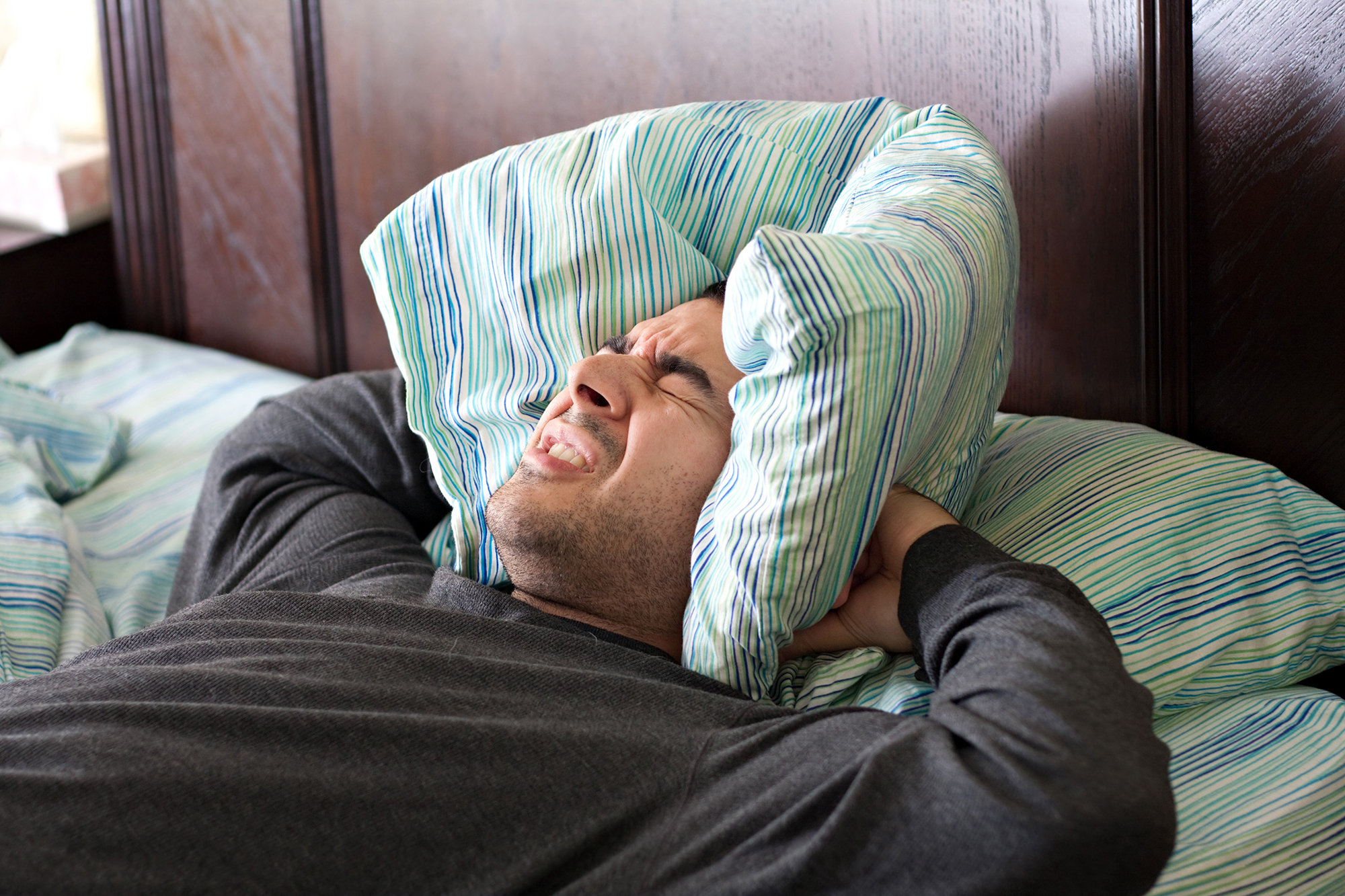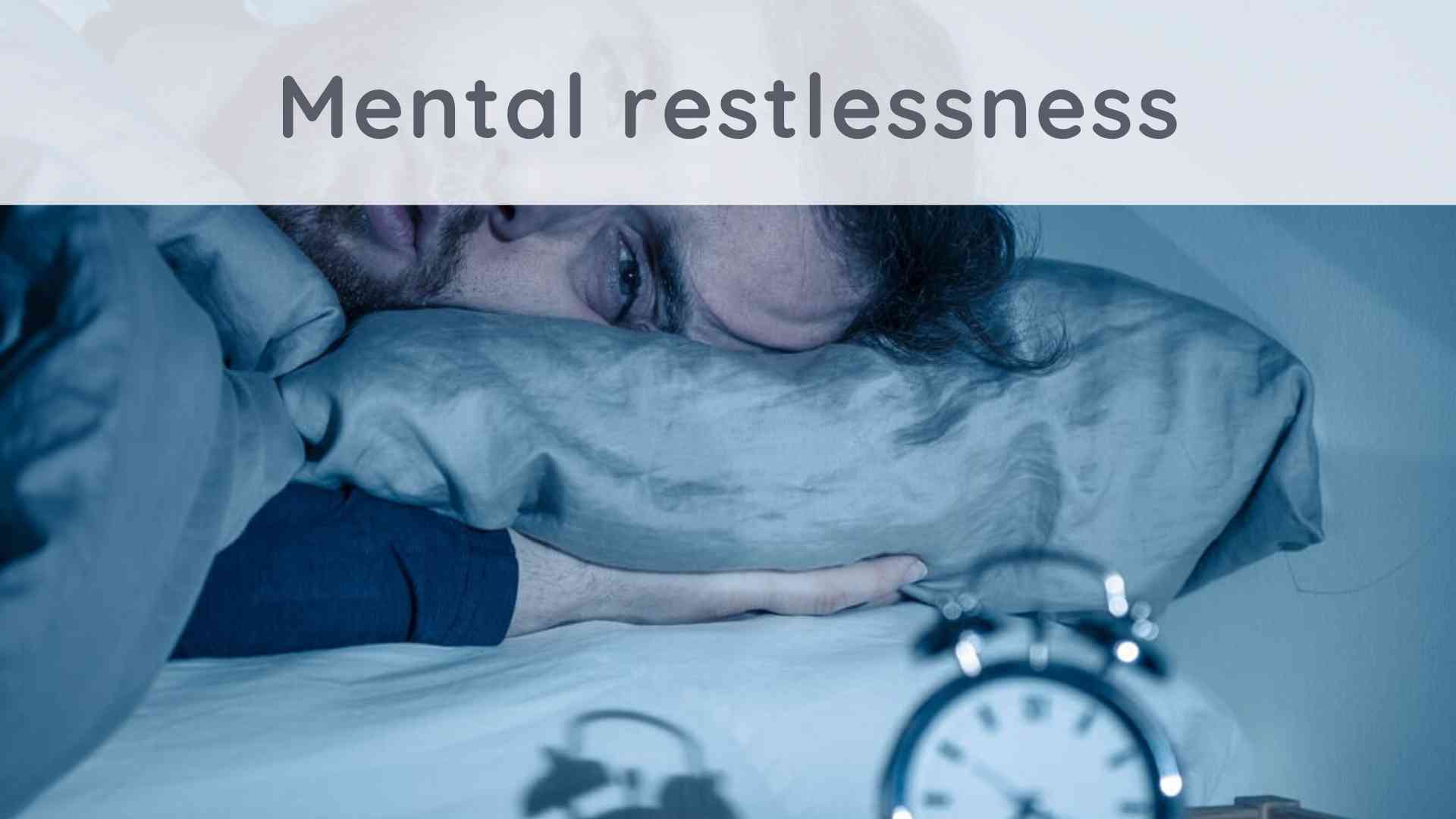One of the most common issues associated with sleeping on a bad mattress is back pain. This occurs when the mattress does not provide enough support for the spine, causing it to be misaligned. As a result, the back muscles have to work harder to keep the body in a comfortable position, leading to discomfort and pain. Back pain can also be caused by a mattress that is too firm, as it puts pressure on certain areas of the back and does not allow for proper alignment. If you find yourself waking up with back pain frequently, it may be time to invest in a better mattress.Back Pain
Similar to back pain, neck pain is another common issue that can arise from sleeping on a bad mattress. When the mattress is not able to support the neck and head properly, it can cause strain on the muscles and joints, resulting in neck pain. This can also be aggravated by a pillow that is not the right height or provides inadequate support. Neck pain can be a major disruptor to a good night's sleep, so it is important to address the issue with a new mattress that provides proper support.Neck Pain
Insomnia is a sleep disorder that affects millions of people worldwide. While there can be various underlying causes for insomnia, sleeping on a bad mattress can certainly contribute to the problem. A mattress that is too soft or too firm can make it difficult to find a comfortable sleeping position, leading to tossing and turning throughout the night. This can result in restless sleep and insomnia, leaving you feeling exhausted and irritable the next day. Insomnia can greatly impact your overall health and well-being, so it is important to address any potential issues with your mattress.Insomnia
As mentioned earlier, sleeping on a bad mattress can cause restless sleep. This occurs when you are constantly shifting and adjusting throughout the night in an attempt to find a comfortable position. This can be due to a lack of support or pressure points created by the mattress. Restless sleep can lead to feeling tired and groggy the next day, as your body did not get the proper rest it needed. It can also lead to other issues such as insomnia and body aches.Restless Sleep
If you wake up with body aches after sleeping on a bad mattress, it may be a sign that the mattress is not providing enough support for your body. This can occur when the mattress is too soft and causes your body to sink in, putting pressure on certain areas such as the shoulders and hips. Over time, this can lead to body aches and discomfort that can affect your daily life. It is important to address this issue by investing in a new mattress that provides proper support for your body.Body Aches
Discomfort is another common issue associated with sleeping on a bad mattress. This can come in the form of body aches, stiffness, or overall discomfort when trying to get a good night's sleep. This is often caused by a lack of support or pressure points created by the mattress. If you find yourself tossing and turning due to discomfort, it may be time to consider investing in a new, more supportive mattress.Discomfort
As mentioned earlier, tossing and turning can be a result of trying to find a comfortable position on a bad mattress. This constant movement can disrupt your sleep and lead to feeling tired and restless the next day. While some tossing and turning is normal, excessive tossing and turning can be a sign that your mattress is not providing the necessary support for your body.Tossing and Turning
Feeling restless during the night can be a sign that your mattress is not providing the comfort and support your body needs. This can be caused by a variety of factors such as discomfort, tossing and turning, and body aches, all of which can be attributed to a bad mattress. If you find yourself feeling restless during the night, it may be time to consider investing in a new mattress that will provide a more comfortable and supportive sleep.Restlessness
Waking up with stiffness in the morning can be a result of sleeping on a bad mattress. This can occur when the mattress does not provide enough support for your body, causing your muscles and joints to become stiff and sore. Over time, this can lead to more serious issues such as chronic body aches and discomfort. If you find yourself waking up with stiffness frequently, it may be time to consider investing in a new mattress that provides better support for your body.Stiffness
Restless nights are often a result of a combination of the issues mentioned above, including restless sleep, discomfort, and stiffness. This can greatly impact your overall sleep quality and leave you feeling tired and irritable the next day. If you find yourself regularly experiencing restless nights, it may be time to invest in a new, more supportive mattress to help you get a better night's sleep.Restless Nights
The Importance of Choosing a Good Mattress for Optimal Sleep

Sleep is an essential part of our daily routine and a good night's sleep can have a significant impact on our physical and mental well-being. However, many people overlook the importance of choosing a good mattress when it comes to getting quality sleep. Sleeping on a bad mattress can not only affect the quality of your sleep but also lead to various health issues. Let's take a closer look at why it's crucial to invest in a good mattress for optimal sleep.
Impact on Sleep Quality

One of the main reasons why a bad mattress can affect your sleep is because it doesn't provide the necessary support for your body. A sagging or lumpy mattress can cause discomfort and pain, making it difficult to fall and stay asleep. This can lead to tossing and turning throughout the night, disrupting your sleep cycle and leaving you feeling tired and groggy in the morning.
Additionally, a bad mattress can also affect your sleep quality by causing you to overheat or sweat during the night. This can be due to poor ventilation, lack of proper materials, or a buildup of allergens and bacteria in the mattress. All of these factors can contribute to a restless and uncomfortable night's sleep, leaving you feeling exhausted and unproductive the next day.
Impact on Health
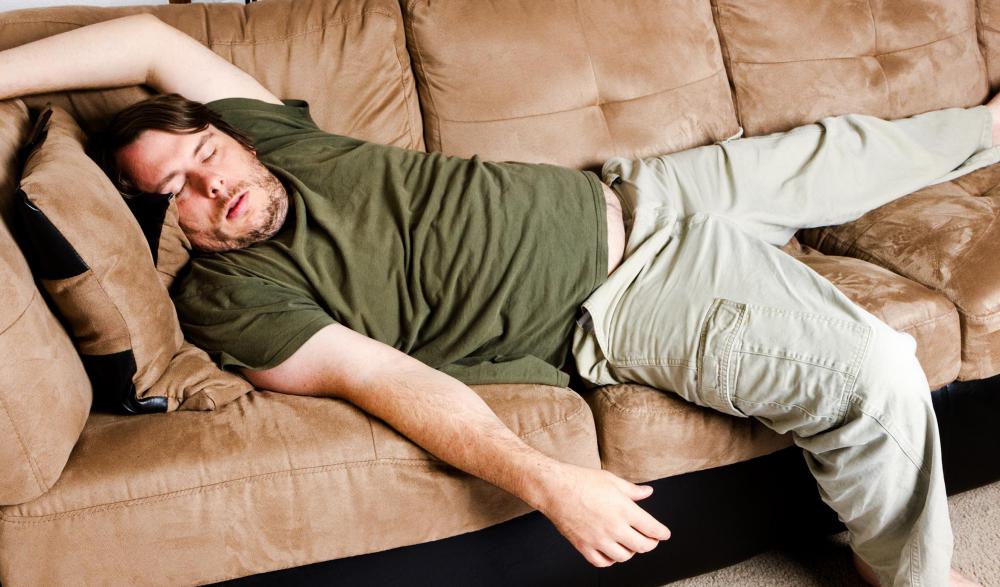
Not getting enough quality sleep can have a significant impact on your overall health. A bad mattress can exacerbate existing health issues such as back pain, joint pain, and allergies. It can also lead to the development of new health problems, including muscle stiffness, headaches, and poor posture.
Moreover, a bad mattress can also affect your mental health. Lack of quality sleep can lead to irritability, mood swings, and difficulty concentrating, which can have a negative impact on your relationships and daily life. It's important to prioritize your sleep quality by investing in a good mattress to avoid these potential health issues.
Choosing the Right Mattress

With so many different types of mattresses available on the market, it can be overwhelming to choose the right one. However, there are a few key factors that you should consider when purchasing a mattress to ensure optimal sleep. These include the level of firmness, materials used, and your individual sleeping preferences and needs.
It's also important to keep in mind that mattresses should be replaced every 7-10 years to maintain their quality and support. Investing in a good mattress may seem like a significant expense, but it's a worthwhile investment in your health and well-being.
In conclusion, choosing a good mattress is crucial for getting quality sleep and maintaining your overall health. Don't underestimate the impact that a bad mattress can have on your daily life. Take the time to do your research and invest in a high-quality mattress for optimal sleep.







:max_bytes(150000):strip_icc()/backpainfinal-01-5c3ba0bf46e0fb0001b5b300.png)






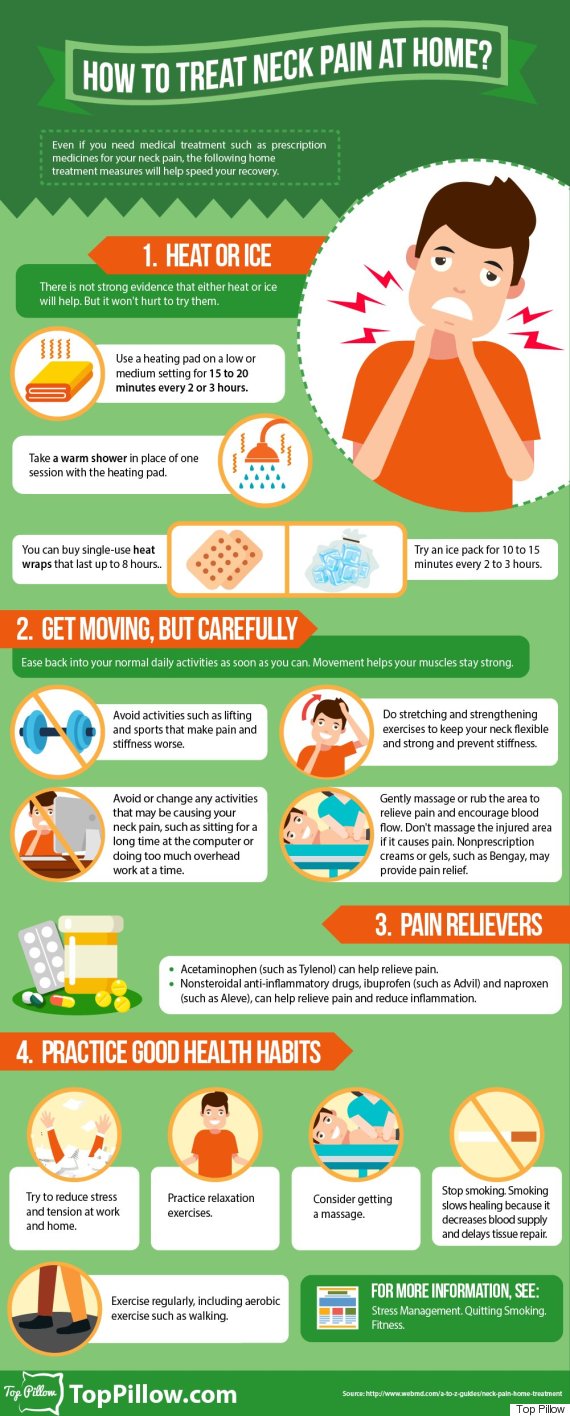











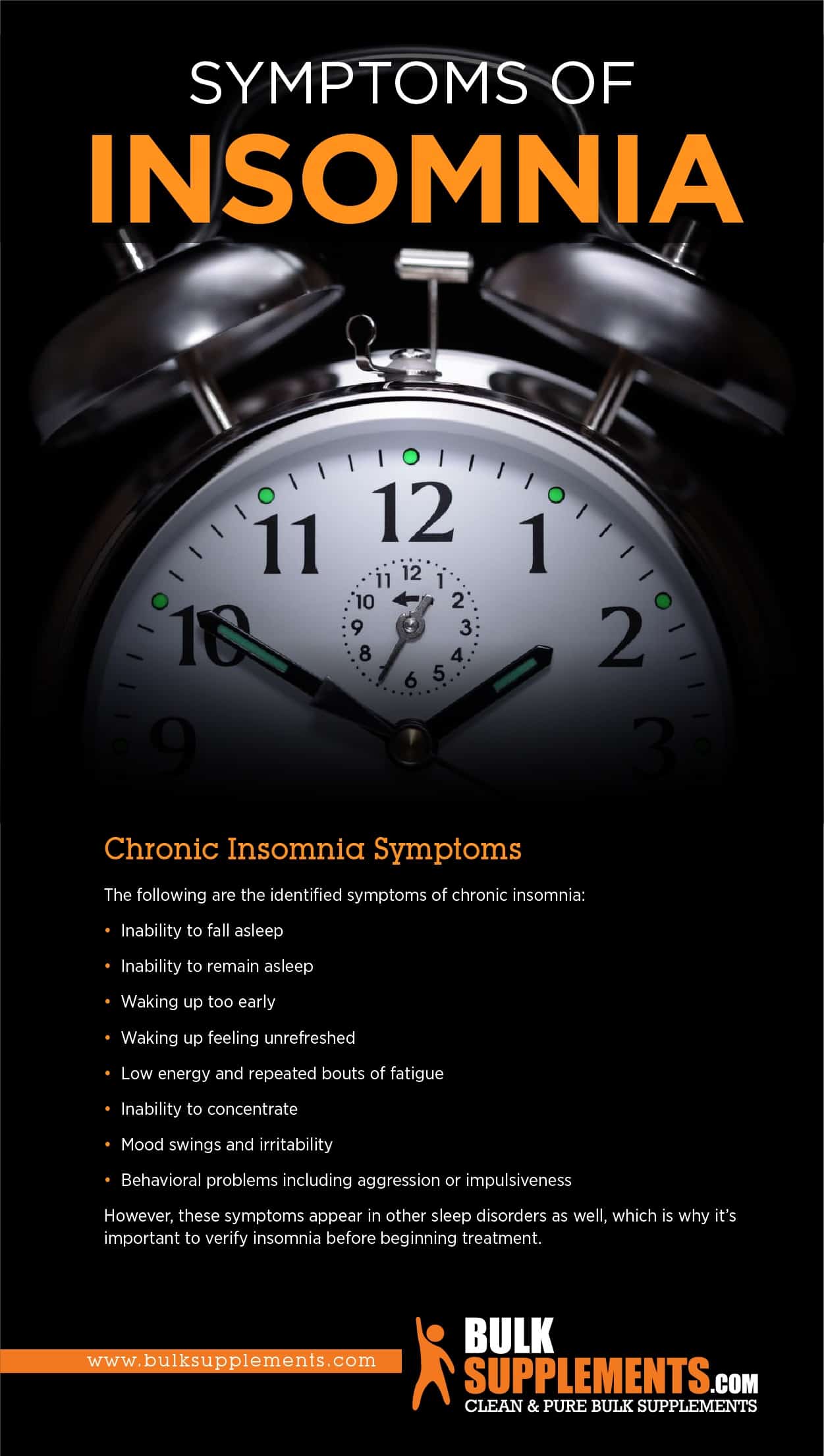



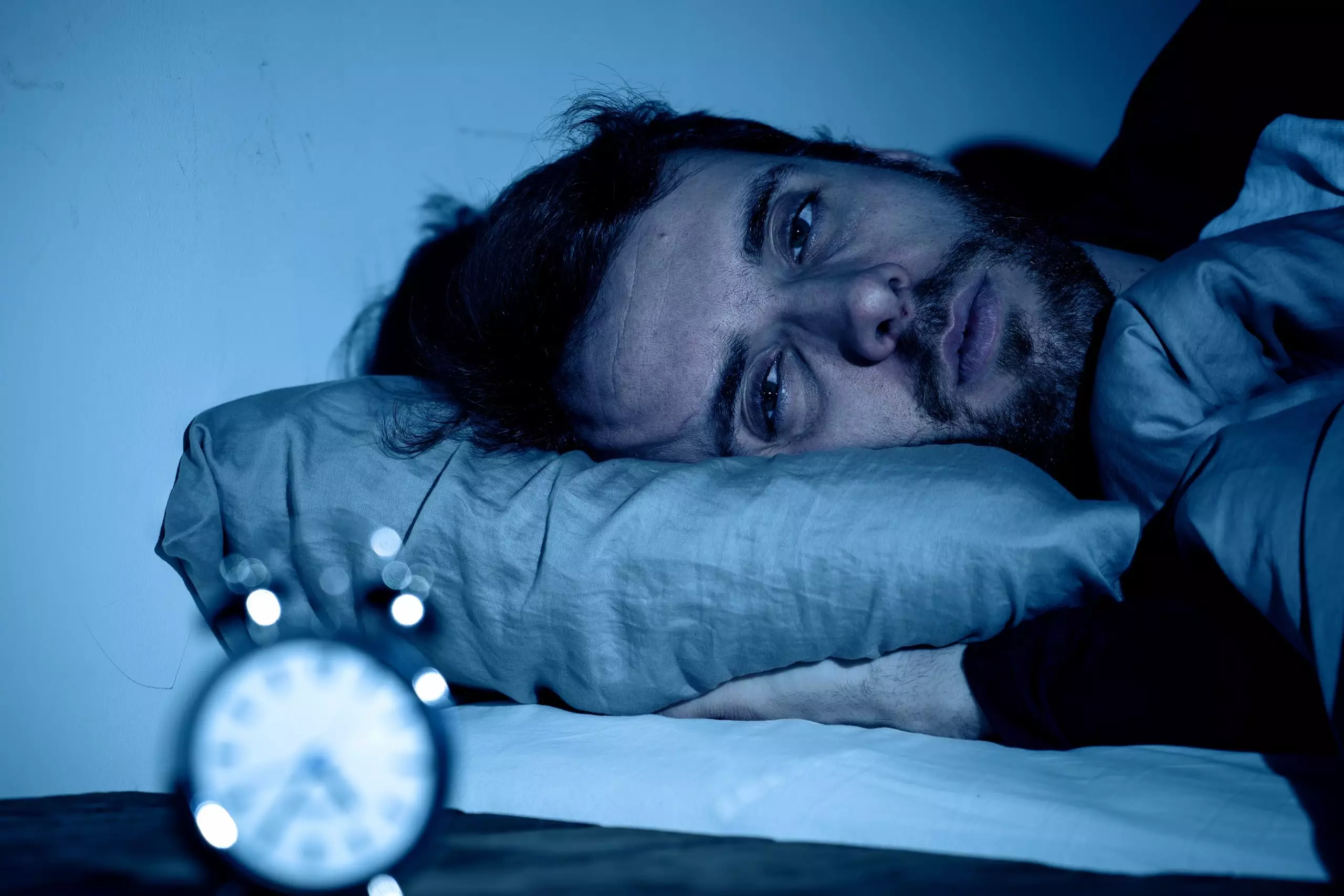



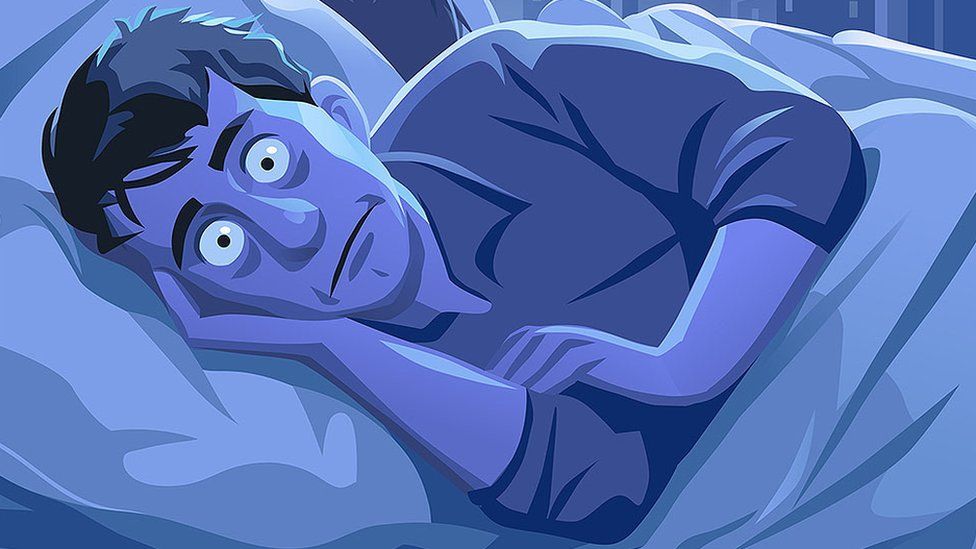



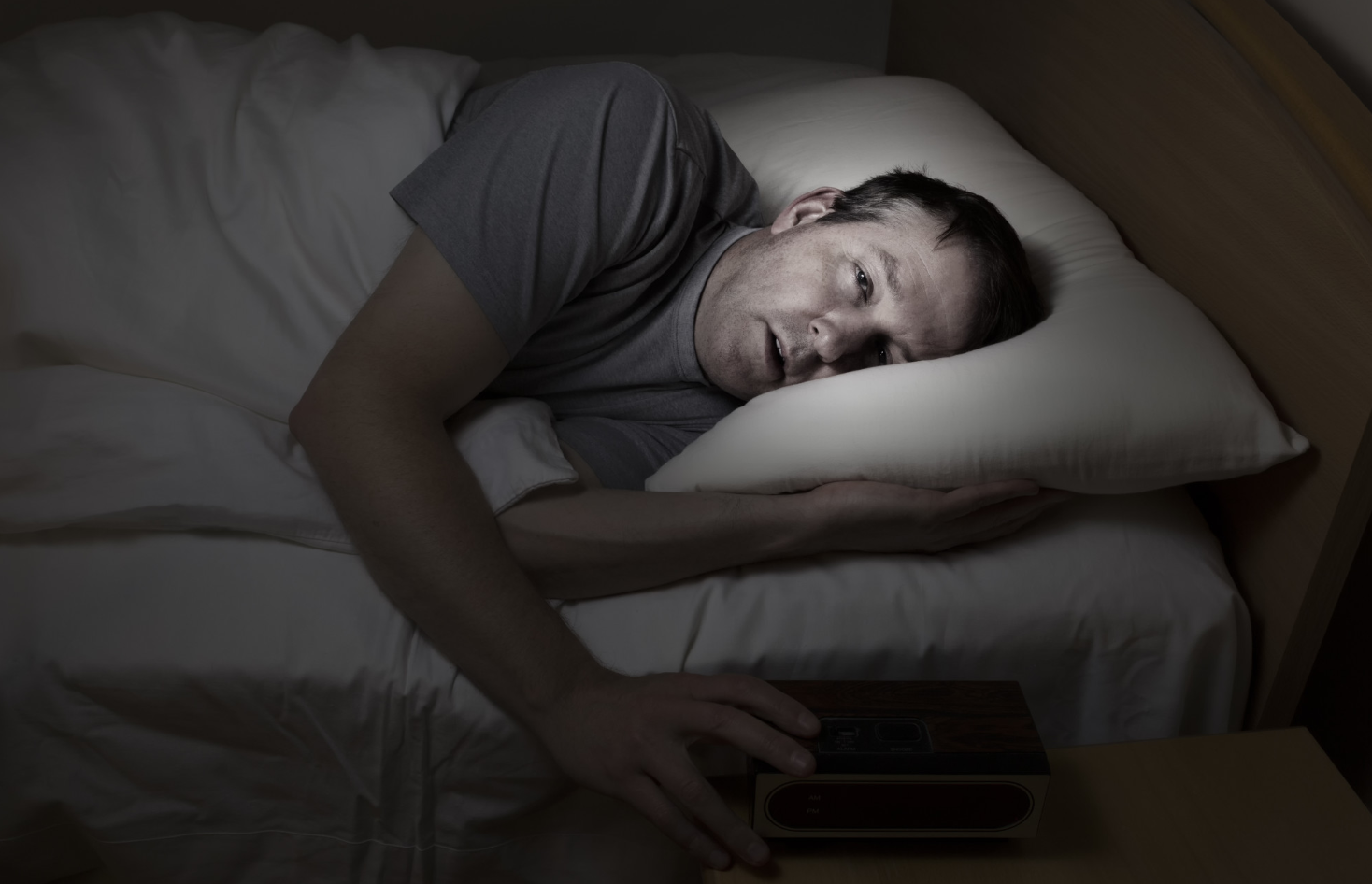



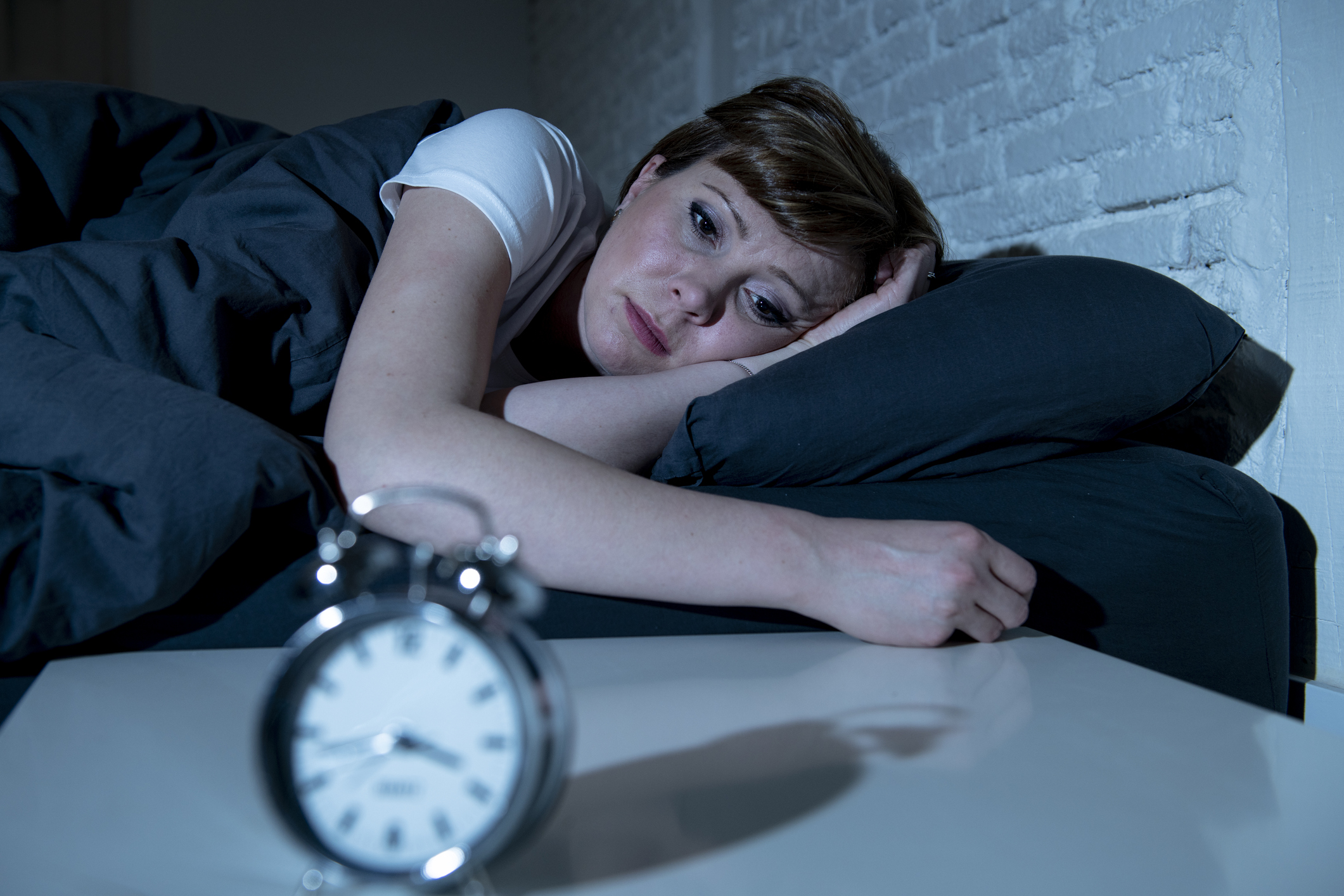






















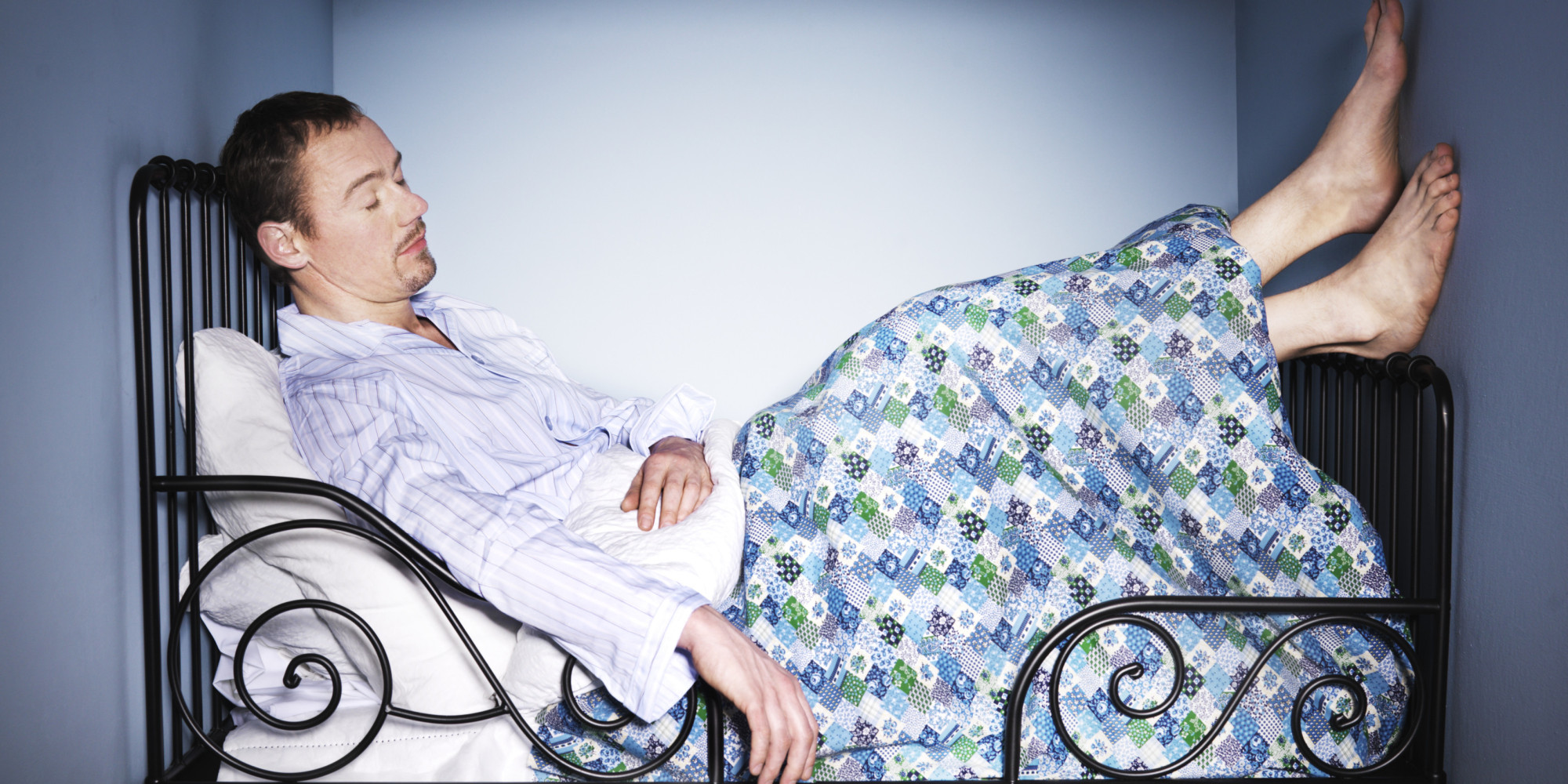



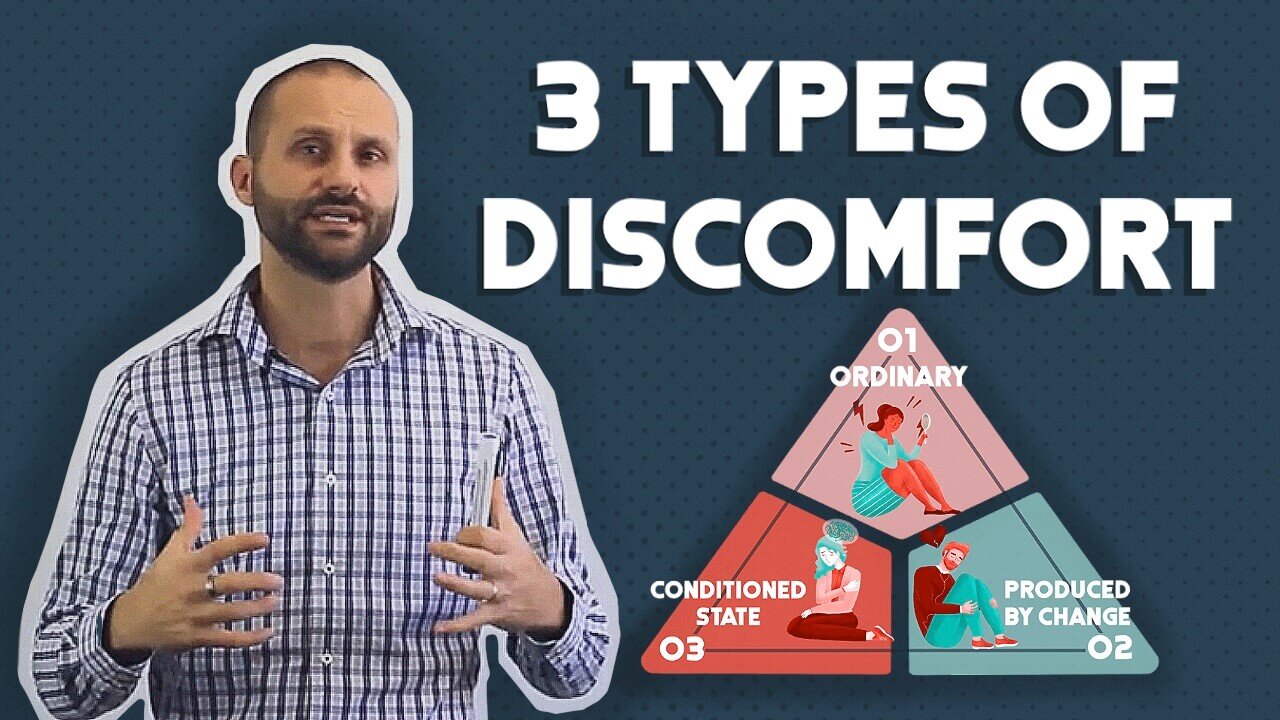



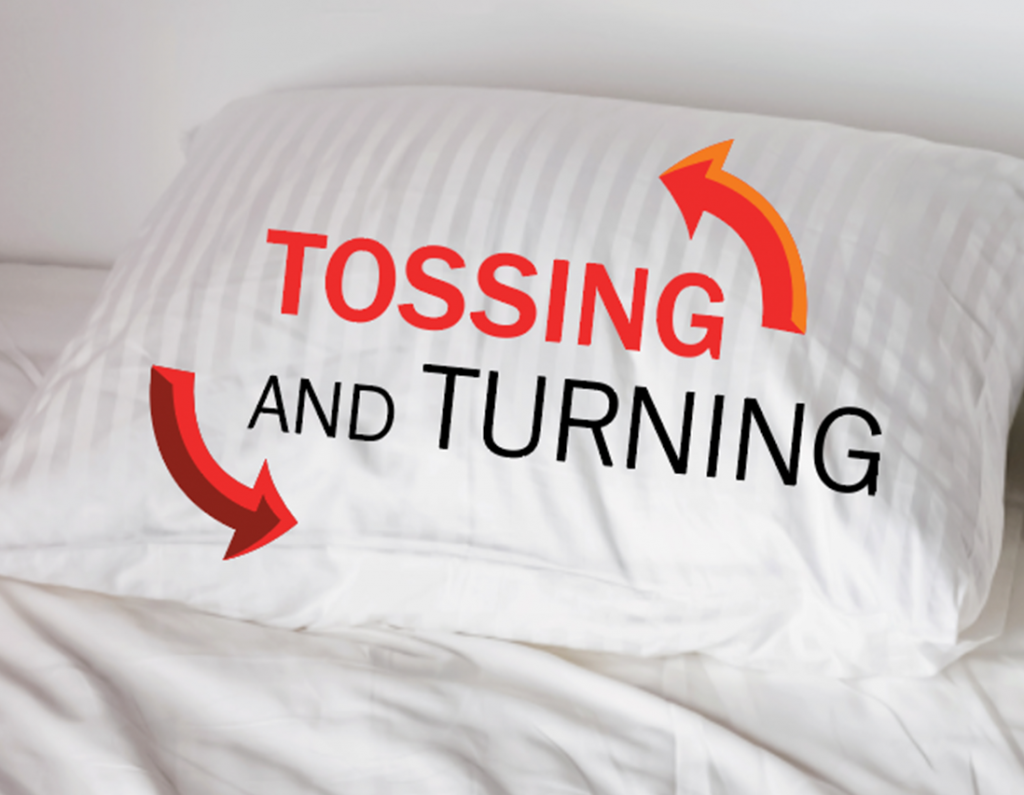







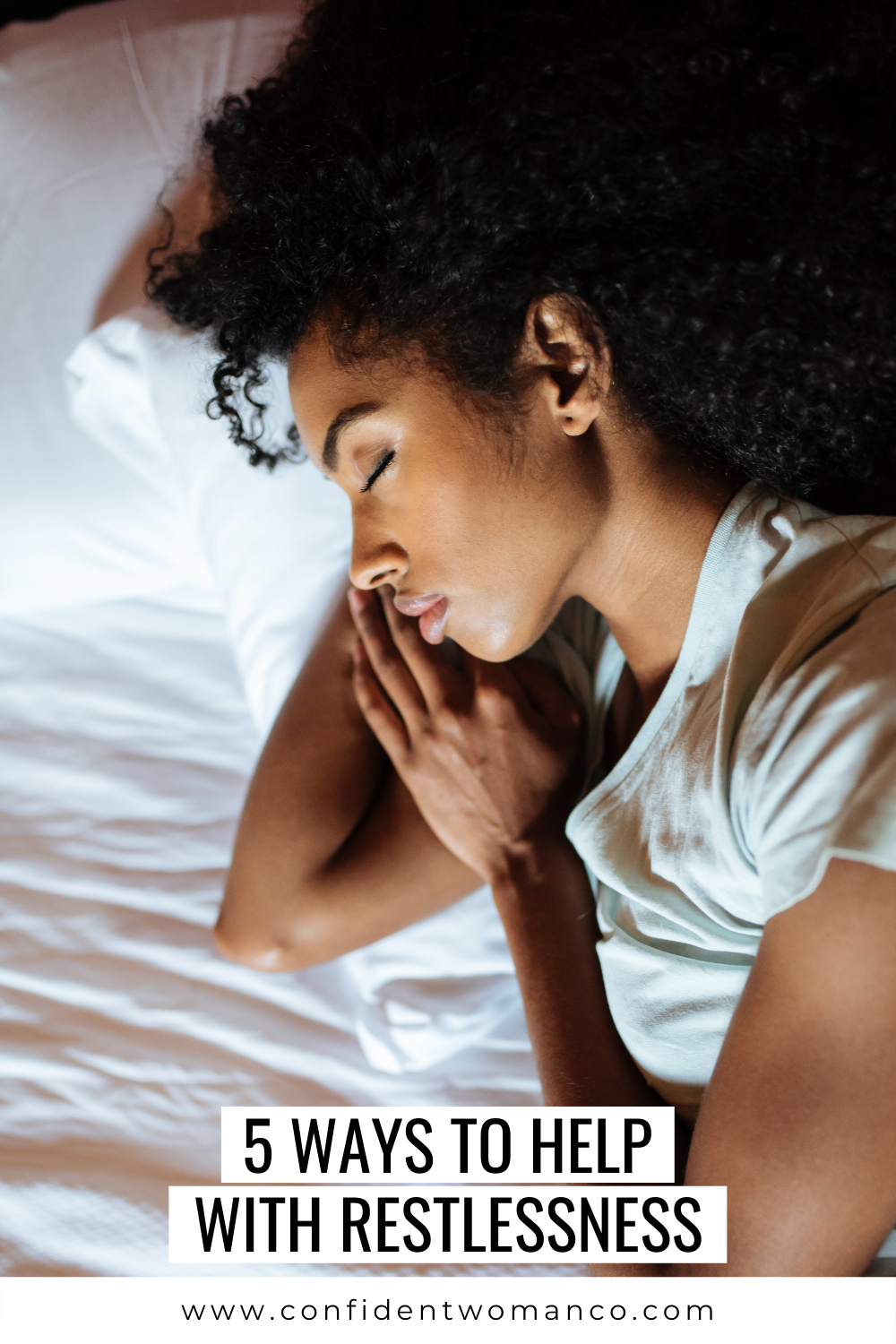


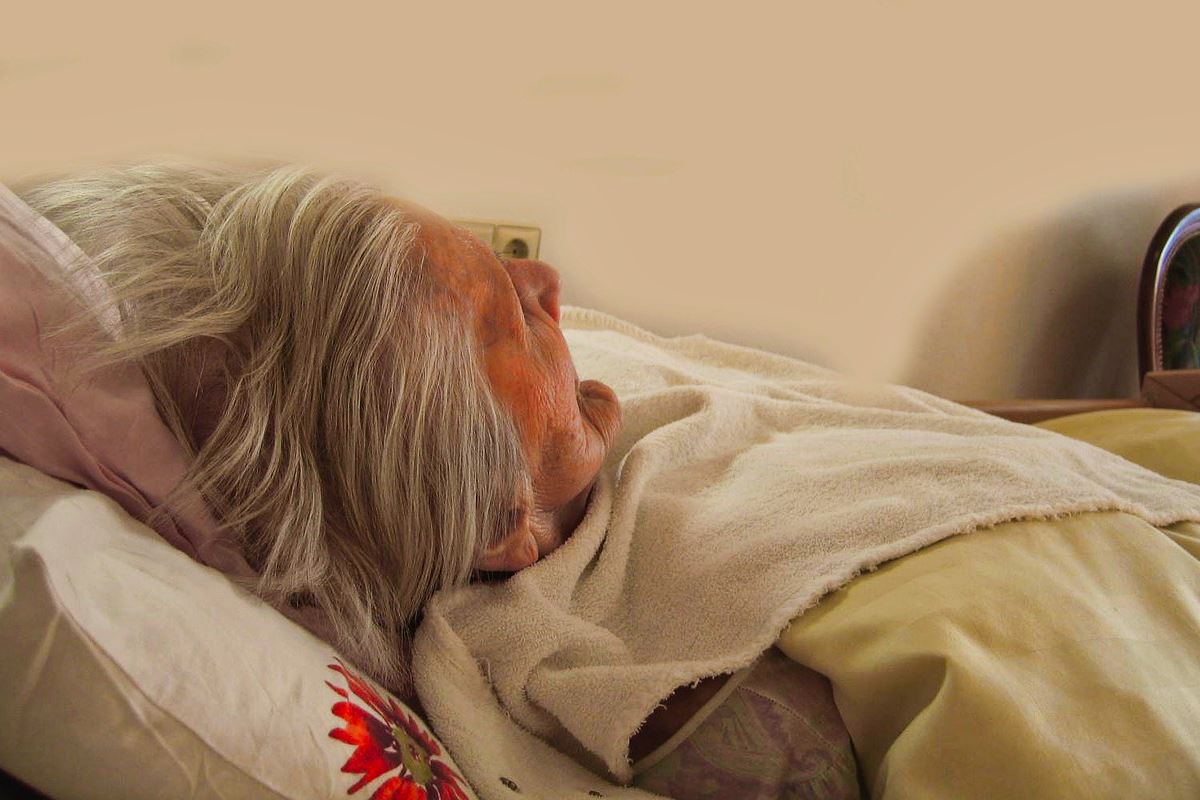
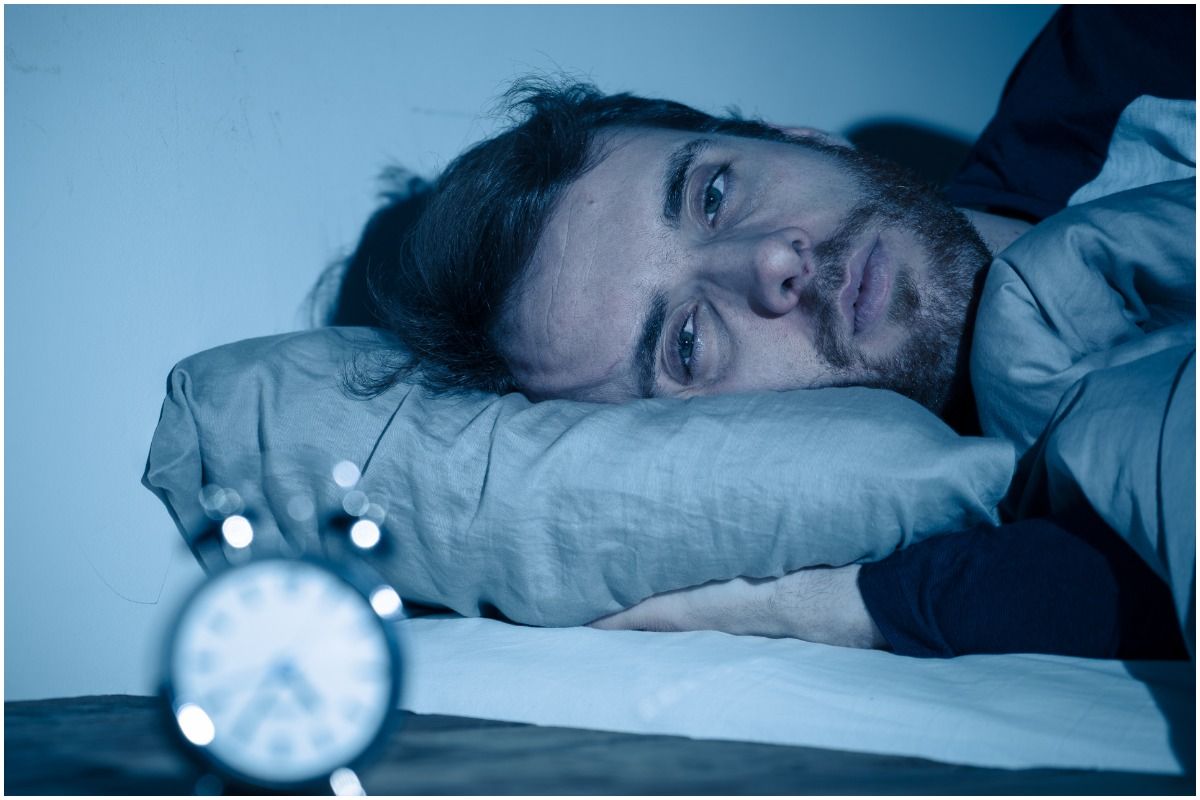
:max_bytes(150000):strip_icc()/GettyImages-1351786552-684bd51c5dad4d3b9a94e948c34616b9.jpg)

